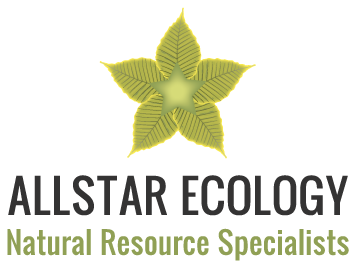AllStar Ecology Q1: A Recap
While the weather has been chilly and keeping some hunkered down, AllStar Ecology has been throwing on our long johns, brewing extra coffee, and watching the sunrise in the field. Oh yes, and we should mention the work we've been doing!Our Bat Crew delivered a...
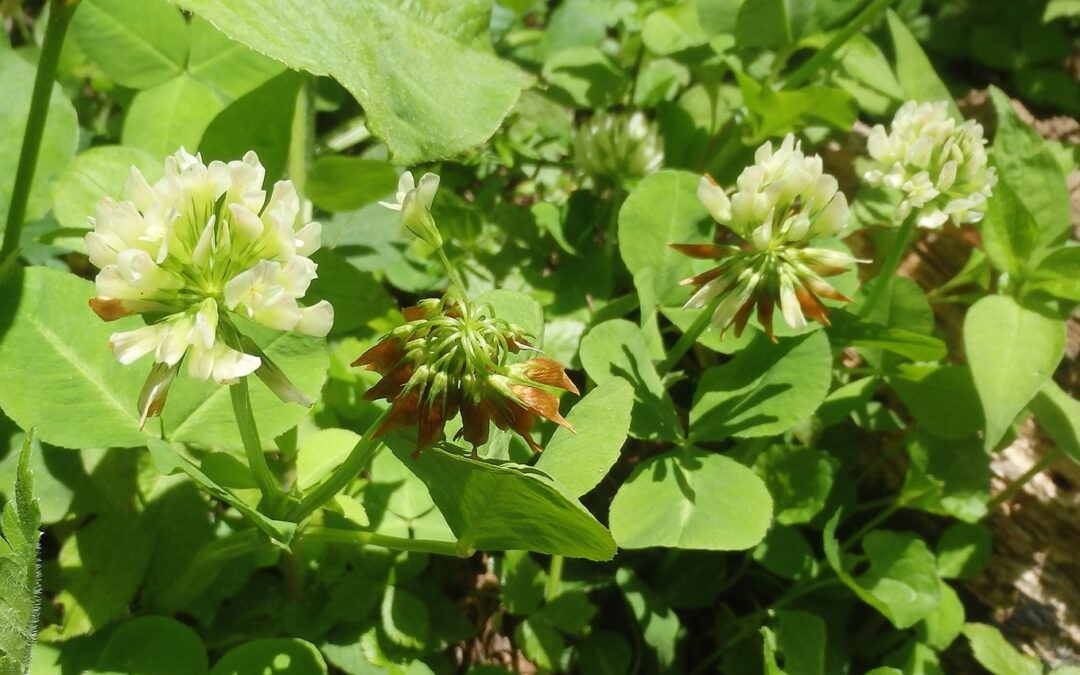
Running Buffalo Clover Status: Recovered
Good News! Exciting news in the botany world! The U.S. Fish and Wildlife Service (USFWS) is removing Endangered Species Act (ESA) protections for running buffalo clover (RBC) (Trifolium stoloniferum). Recently, they have determined that the species has recovered and...
Archaeology Staff Writes for WV Explorer Magazine
Since 2019, one of AllStar Ecology’s cultural resource management (CRM) staff has volunteered ocassionally as an archaeology correspondent for the West Virginia Explorer. The West Virginia Explorer is an online magazine designed to “investigate West Virginia and its...
Section 106 Compliance: Six Things You Should Know
The law may require that your project is evaluated for impacts to archaeology, cemeteries, old architecture, historic viewsheds, etc. Often called “Section 106 review,” this process involves consultation with the State Historic Preservation Office (SHPO), who may...
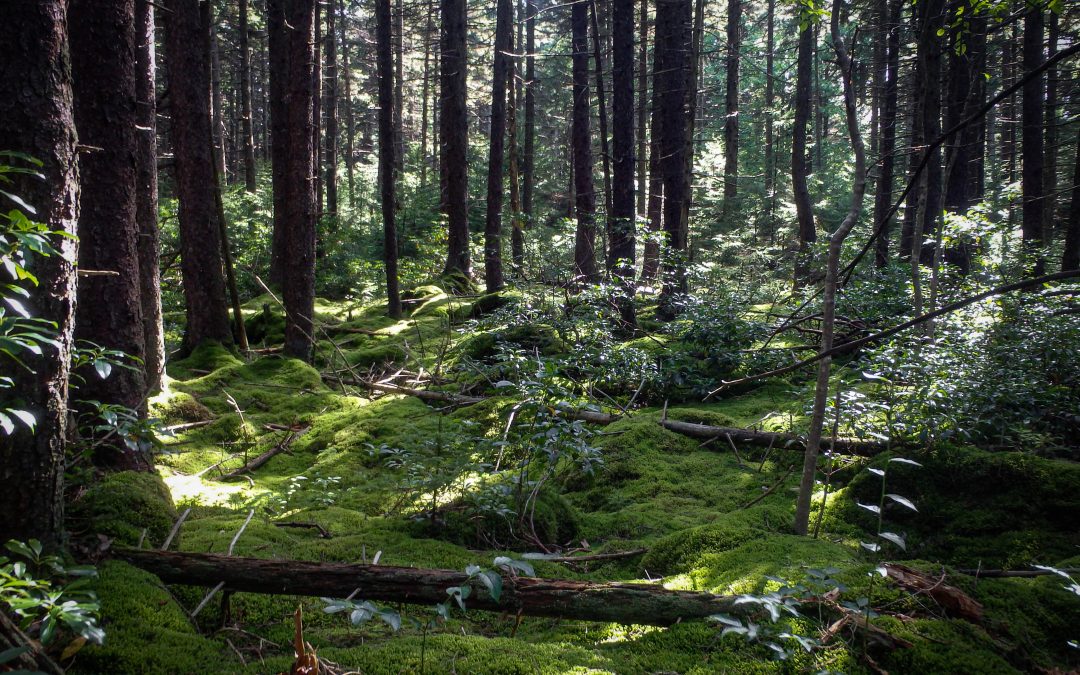
Timber Stand Improvement for Red Spruce Trees
Red Spruce Forests Picea rubens, most commonly known as red spruce, was once abundant in the West Virginia highlands covering over one million acres until the late 1800s. Its natural ecosystem contributions include providing food and cover for many animals such as the...

AllStar Welcomes New Staff
AllStar Ecology is excited to announce the addition of four new staff members with a wide range of biological and environmental experience and expertise. Matthew Gilkay, Environmental Scientist I / Aquatic Biologist, is assisting AllStar with freshwater mussel...
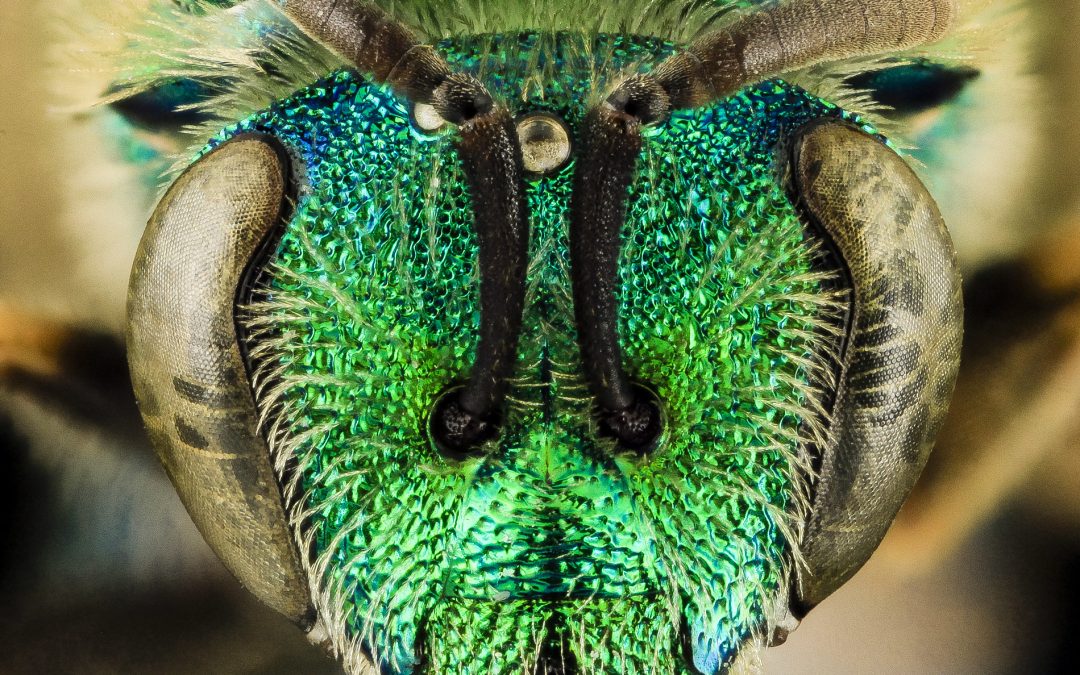
Pollinator Conservation: West Virginia’s Native Bees
Native Bees are Important to West Virginia West Virginia’s native bees including bumble bees, mason bees, leaf-cutter bees, miner bees, and sweat bees are important to the pollination of most flowering trees, shrubs, and herbaceous plants within the forests and fields...
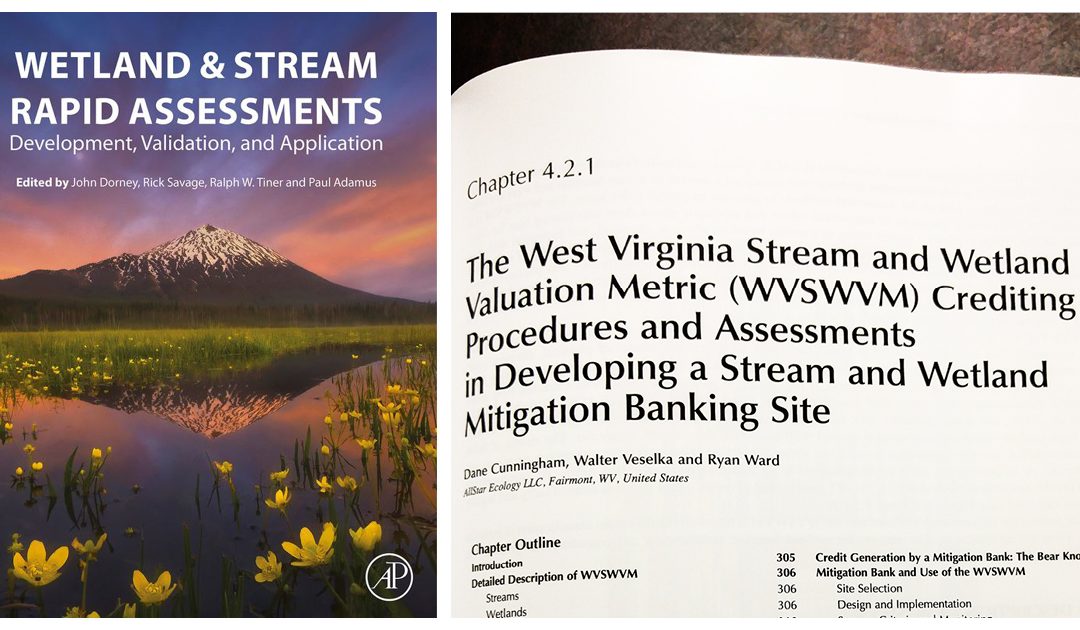
AllStar’s Mitigation Expertise Featured in Professional Book: Wetland & Stream Rapid Assessments
AllStar Ecology recently authored a chapter in the professional book Wetland and Stream Rapid Assessments: Development, Validation, and Application. This book describes the scientific and environmental policy background for rapid wetland and stream assessments, how...
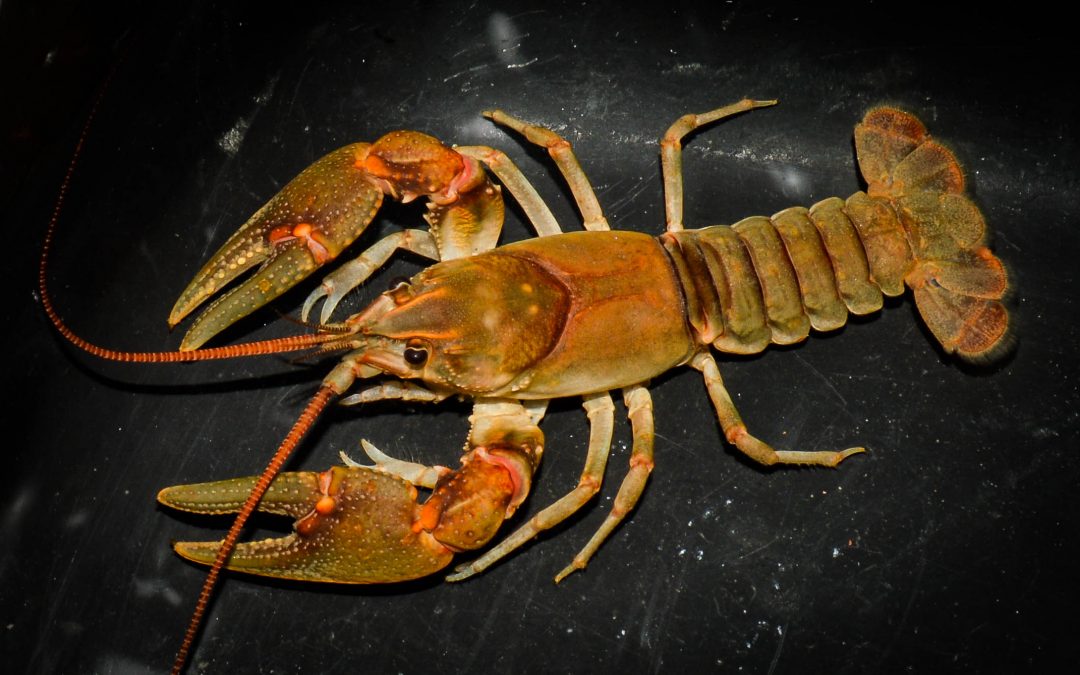
Surveying for Threatened & Endangered Crayfish of the Southern Coalfields
In 2016, two species of Appalachian crayfish, the Big Sandy Crayfish (Cambarus callainus) and the Guyandotte River Crayfish (C. veteranus) were awarded federal protection under the Endangered Species Act. Due to their limited range and degrading habitat, the Big Sandy...

2018 AllStar Volunteers
Overview AllStar Ecology’s Employer Sponsored Volunteer Program encourages our employees to serve and support our local and regional communities through volunteerism efforts. In 2018, seventeen of our employees (nearly half of our staff) participated in the program,...
